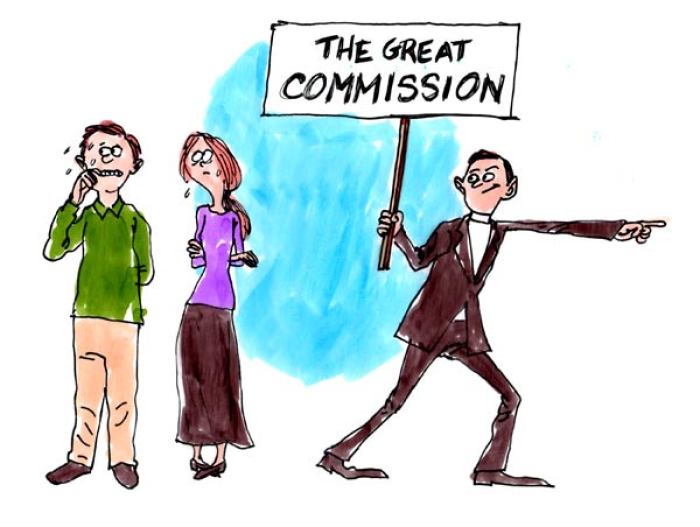9 reasons churches stop evangelizing well

In reviewing a church’s history, it’s much more likely to find them an evangelizing church during their early years than their later ones. Frankly, most churches lose the evangelistic passion that marked them in their beginning. Here are some reasons why:
- In their early days, reaching lost people is part of their vision – but that focus decreases as the church grows. No longer are they driven to evangelize as much once the church reaches critical mass.
- As the church matures, leaders give their attention to internal matters. Questions like what type of polity will we have, when will we build (if we do), what curriculum will we follow, and others divert attention from evangelism.
- Pastoral care requires more time as the church grows. It’s really a simple formula: more people in the congregation = more needs to meet and more requests for care. It’s tough to meet those needs and evangelize, too.
- Leaders fail to equip others to help them do ministry. Instead of delegating work so they can keep casting vision for evangelism, they wind up carrying all the responsibilities themselves. Evangelism almost always takes a back seat then.
- Fellowship—as great as it can be—becomes self-protective. That is, the church loves to be together because it feels like a “safe place” from a messed-up and chaotic world. Churches in protection mode seldom invite outsiders to join them.
- Transfer growth takes their attention off evangelism. The church might well be growing, but it’s growing by swapping sheep with other congregations. That growth—consistent though it may be—lulls the church to sleep evangelistically.
- The church plans so many activities that members have no time left to develop relationships with non-believers. The growing church offers more activities, and they often quietly expect members to participate in everything. The result is busy members who don’t know non-believers.
- Nobody’s paying attention to conversion numbers. They may have been burdened about those numbers during the early days of the church, but not so much anymore. Accountability decreases, and so does evangelism.
- Leaders don’t teach enough about the lostness of human beings. I’m convinced many members believe good people are going to heaven apart from a relationship with Christ—and only consistent biblical teaching will change their perspective. Too little teaching on this topic leads to too little evangelism.
What would you add to this list?
Originally published at Church Answers
Chuck Lawless currently serves as Professor of Evangelism and Missions and Dean of Graduate Studies at Southeastern Seminary. A conference speaker and author or co-author of more than ten books, including Spiritual Warfare: Biblical Truth for Victory, Discipled Warriors, Putting on the Armor, Mentor, and Spiritual Warfare in the Storyline of Scripture, Dr. Lawless has a strong interest in discipleship and mentoring. You can connect with Dr. Lawless on both Twitter and Facebook.




























